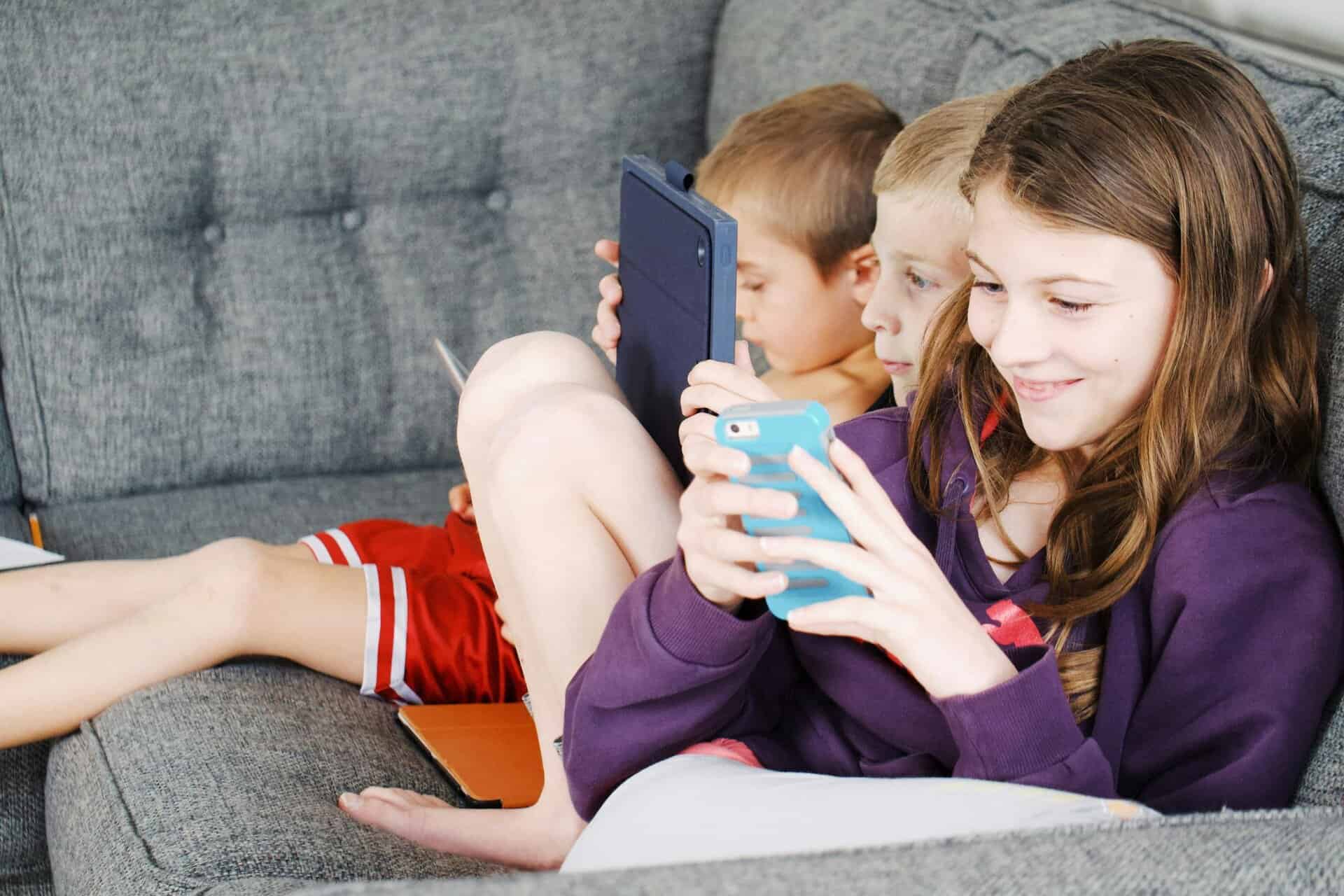Peaceful Screen Time Parenting: The #1 Rule Experts Say Every Family Should Follow
In today’s tech-saturated world, screen time parenting has become one of the most pressing challenges for caregivers. From toddlers tapping on tablets to teens immersed in social media, digital devices are part of everyday life. While many strategies exist to manage screen time, psychologist Jean Twenge offers one standout rule that’s both simple and transformative: no electronic devices in the bedroom overnight.
This single guideline, she argues, can dramatically improve sleep quality, emotional health, and family dynamics. It’s not about restriction—it’s about restoration.
Why Screen Time Parenting Needs Boundaries That Stick
Screen time parenting isn’t just about counting hours—it’s about shaping habits that support long-term well-being. The bedroom, meant to be a haven for rest and renewal, becomes a source of disruption when screens are allowed in after dark.
Twenge’s research and advocacy highlight how nighttime device use can:
- Delay sleep onset and reduce sleep quality
- Increase anxiety, depression, and irritability
- Undermine academic performance due to fatigue
- Disrupt emotional regulation and focus
- Create dependency on digital stimulation for comfort
More than two-thirds of adolescents report losing sleep due to late-night device use, and over 75% aren’t getting enough rest overall, according to CDC data. That’s not just a parenting concern—it’s a public health issue.
The Rule That Costs Nothing but Changes Everything
Twenge’s top recommendation is clear: no phones, tablets, or laptops in the bedroom overnight. It’s a boundary that requires no apps, no subscriptions, and no tech expertise. Just consistency.
“If you have the bandwidth to fully follow only one rule in this book, make it this one,” she writes in 10 Rules for Raising Kids in a High-Tech World.
The benefits are immediate and wide-reaching:
- Improved sleep hygiene: Fewer interruptions, deeper rest
- Mental clarity: Better mood regulation and focus
- Healthier habits: Encourages offline wind-down routines
- Stronger boundaries: Reinforces the idea that screens have limits
How to Make the Rule Work in Real Life
Implementing this rule may be met with resistance, especially from older kids. But with empathy and consistency, it can become a household norm. Here’s how:
- Start early: Introduce the rule before devices become bedtime staples
- Be transparent: Share the science behind the decision
- Model the behavior: Keep your own bedroom screen-free
- Create alternatives: Offer books, puzzles, or quiet crafts
- Stick with it: The first few nights may be tough, but habits form quickly
Twenge herself had to backtrack with her own teens after initially allowing laptops overnight. Her advice? Be honest, be firm, and don’t be afraid to say, “I’ve learned something new, and we’re changing course.”
Screen Time Parenting Is About Connection, Not Control

At its core, screen time parenting is about fostering connection—not enforcing control. By setting thoughtful boundaries, caregivers show that they value their children’s well-being beyond the digital world. The no-devices-in-bedrooms rule is a gentle but powerful way to protect what matters most: rest, resilience, and real-life relationships.
Final Thought
As screens continue to shape how families live and learn, the most powerful parenting tools remain timeless: presence, patience, and care. This one rule offers a simple way to reclaim the night and restore balance. Wishing everyone a great day outside—away from screens.
Disclaimer: This article is for informational purposes only and does not constitute medical advice. For concerns related to sleep or mental health, consult a qualified healthcare professional.






